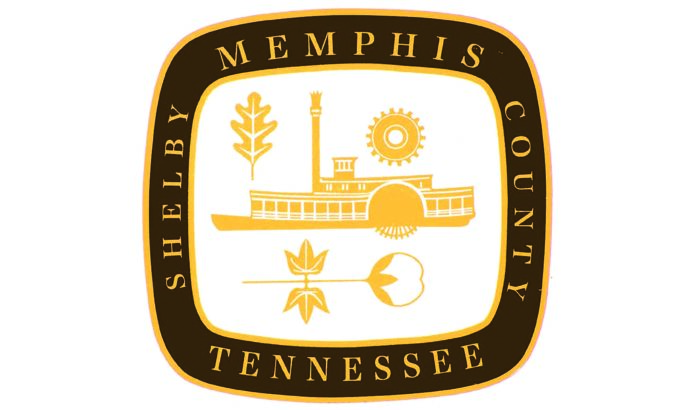With Mayor Jim Strickland’s administration nearing its end, skeptical Memphis City Council members Tuesday (Nov. 7) cast doubt on the timing of a proposed rate increase for bulk waste pickup.
The fee-increase discussion came during the council’s Public Works, Solid Waste & General Services Committee meeting.
“Why now,” asked councilmember Chase Carlisle. “You knew you had increased costs. You’re supplanting it with federal funds. We’re cutting compliment (the number of solid waste employees) and services are getting worse. And here we are in November, as the administration exits, and this bomb is being dropped.”
The $29.96 fee would be the second hike in four years. The council passed a previous increase in 2019.
The council needs to consider the proposed fee-increase ordinance on three readings, including being passed on the third and final reading, for the increase to go into effect Jan. 1. That also is the date a new council and mayor are sworn in.
Much of the blame for needing an fee hike is being laid on the pandemic. During that time, a cultural shift occurred, where home deliveries changed the landscape of retail. The result has been exponential increases in curbside items. It hasn’t abated.
“What we see…is the advent of everything being delivered to your house. It continued to increase during the COVID years. It doesn’t appear to be coming back down,” said Phillip Davis, the city’s Solid Waste director.
Davis presented three funding options to committee members:
A $11.09 fee hike. Maintaining the current model, it would add waste crews and equipment.
Switch from a bi-monthly bulk pick up to four scheduled visits per year. It calls for an $8.99 fee from customers. Fees for both would take effect on Jan. 1.
A $14.08 fee hike that would allow solid waste crews would be to take over routes in the E Area of the city, which includes East Memphis, Hickory Hill, and Cordova. Private contractors currently handle that chore.
The third proposal also calls for a solid waste facility to be built in the area in the next five years. This could be added to the other two proposals too.
All three would buck the 30-year trend of cutting staff. Since the 1990s, the compliment of authorized employees has dropped from 800 in solid waste to the current 515.
However, collections have gone up 52,000 tons per year.
Shortfalls in funding are nothing new. In the past, the general fund covered as much as $30 million of the department’s annual budget.
“Largely, what we see is when the fee is insufficient, we need that influx of money from the general fund to help us maintain services,” said Davis. “If there’s no action, we’ll need about $5.3 million in 2025. Another $6 million or so in 2026. It goes up…Over the next five years, we’ll need about $37 million.”
Lately, funding from the federal government has bridged the gap. However, with those sources running out, the general fund will once again have to provide funding unless another source materializes.
“More recently, we’ve seen some CARES Act funding, some FEMA reimbursement funds and ARPA funds that have helped us stay afloat since our last fee increase,” said Davis.
To meet demands, 108 trucks are needed daily.
This year, total expenses for the pickups have cost $83.3 million. This includes costs for salaries, service charges during high-volume times, equipment, fleet maintenance, fuel, and other expenses.
The solid waste fee, meanwhile, brought in $75.8 million in revenue.
Carlisle said, “It’s all the same to me. It’s very clear, if you’re running a business, that the administration had to have known three years ago that they had a model problem and didn’t want to pipe up about it until now.”
Although it is an annual topic of discussion, the administration and the division of solid waste began talks of a hike in February.
“None of this is council driven. This is the administration. I’ve always said, especially when it’s budget season, tell us what you need. Give us the opportunity to say, ‘no we’re not going to do it,’” criticized Chairman Martavius Jones.
Carlisle concurred.
The last time the administration worked with the council to supplement DSW funding was in 2018. That year, $15 million was added to right-size and modernize its fleet. A fee increase was sought then, too.
Since 2017, bulk waste volumes have tripled.
“Whether it was the pandemic, or it was 2017, which is pre-pandemic, there is a service, revenue, and expense model problem. It could have been addressed well before this, ramping into this on an annual basis,” said Carlisle.



